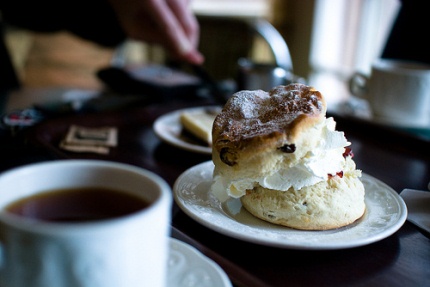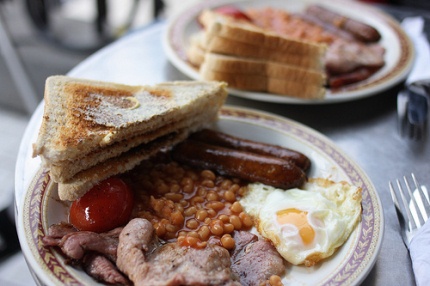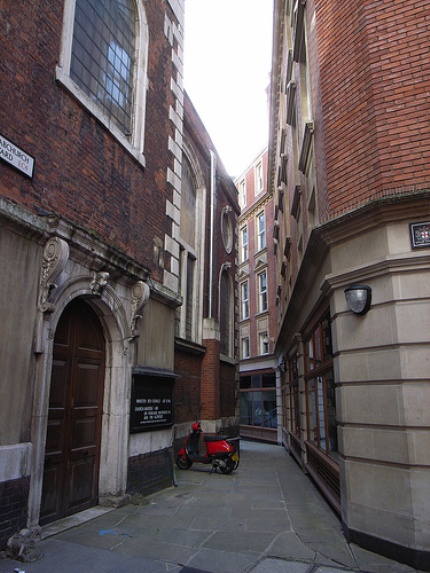England’s Traditional Cuisine:
This week, in honour of the Royal Wedding, the feature country here at Food Freeway is England! This lovely country is part of the United Kingdom, and is situated south of Scotland, east of Wales, northeast of the Celtic Sea, southeast of the Irish Sea, and southwest of the North Sea.

The cuisine of England is influenced by a variety of elements: its history (which is long and conflicted … read about it here), geography, and climate all play an important part, as do the traditions and foods of neighboring countries.
It’s a cuisine known for its simplicity: boiled vegetables, stewed meats, and bread have been the base of most dishes for quite some time. Yet, in recent times, the increase of immigration and the prominence of imported food have really altered the cuisine as it was previously known. Daring curries, rich French dishes, and exotic Thai items have gained popularity over many traditional English counterparts – these flavours from around the world are continuously making an appearance on England’s menus.

Despite the popularity of these multicultural additions, England’s conventional dishes are still easy to find. Here are several examples of common traditional English dishes/items: cured and preserved meats and fish (like bacon, sausage, and kippers), pies (notably their large assortment of meat pies), pasties (small meat pies typically eaten by hand), Fish and Chips, fish cakes, mashed potatoes, roast meat (most often beef, lamb, or chicken), Yorkshire pudding, Bubble and Squeak (fried potatoes and cabbage), baked beans, black pudding, scones, and sticky toffee pudding. Tea is one of the most popular beverages, while English beer is the most common alcoholic beverage.

Have you ever been to England? If so, what did you think about the cuisine? What was your favourite dish? Stay tuned… on Wednesday I’ll have a traditional English recipe for you to try out!

Photo Credits: Fernando Mafra, Christian Bortes, Christian Kadluba, and Steve Cadman.
No comments:
Post a Comment